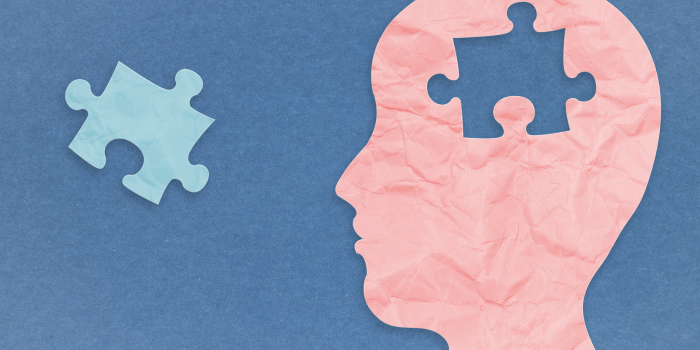
In a world that often moves at a relentless pace, the importance of mental health is increasingly gaining recognition. The challenges we face, both personally and globally, can take a toll on our well-being. Amidst the hustle and bustle of daily life, therapy emerges as a powerful tool for understanding and improving mental health. This article delves into the depths of therapy, unveiling its various forms and exploring the multitude of benefits it offers to individuals seeking support and healing.

I. Defining Therapy: Mental Health
Therapy, also known as counseling or psychotherapy, is a collaborative process between an individual and a trained mental health professional. It provides a safe and confidential space for individuals to explore their thoughts, feelings, and behaviors. Therapists employ various therapeutic approaches and techniques tailored to the unique needs of each client, fostering self-awareness and promoting positive change.

II. Types of Therapy:
1. Cognitive-Behavioral Therapy (CBT):
CBT focuses on identifying and challenging negative thought patterns and behaviors. It helps individuals develop healthier cognitive patterns and coping mechanisms, making it effective for treating anxiety, depression, and other mental health conditions.
2. Psychoanalytic Therapy:
Rooted in Freudian principles, psychoanalytic therapy explores the unconscious mind and unresolved past experiences. It aims to bring repressed emotions to the surface, providing individuals with insight into their behavior and emotions.
3. Humanistic Therapy:
Humanistic therapy emphasizes self-exploration, personal growth, and the development of one’s full potential. Person-centered therapy, a key humanistic approach, involves creating a non-judgmental and empathetic therapeutic relationship to facilitate self-discovery.
4. Mindfulness-Based Therapy:
Drawing from Eastern contemplative practices, mindfulness-based therapies (such as Mindfulness-Based Stress Reduction) teach individuals to be present in the moment. These therapies are effective in reducing stress, anxiety, and improving overall well-being.

III. The Benefits of Therapy:
1. Improved Emotional Well-Being:
Therapy provides a platform for individuals to express and process their emotions in a supportive environment. This process helps alleviate emotional distress and fosters a greater understanding of oneself.
2. Enhanced Coping Skills:
Through the acquisition of coping strategies, individuals can better manage life’s challenges. Therapy equips people with practical tools to navigate stress, conflict, and adversity, promoting resilience and mental fortitude.
3. Increased Self-Awareness:
Therapy encourages self-reflection, aiding individuals in gaining insight into their thoughts, behaviors, and relational patterns. This heightened self-awareness is fundamental to personal growth and positive change.
4. Strengthened Relationships:
Improved communication skills and a deeper understanding of oneself contribute to healthier relationships. Therapy can address interpersonal challenges, fostering stronger connections with others.
5. Effective Treatment for Mental Health Disorders:
For those facing mental health disorders, therapy is a cornerstone of treatment. Whether in conjunction with medication or as a standalone intervention, therapy can significantly alleviate symptoms and improve overall functioning.

IV. Overcoming Stigmas Associated with Therapy:
Despite its proven benefits, therapy is not immune to societal stigmas. Many individuals may feel hesitant or ashamed to seek help due to misconceptions surrounding mental health. Normalizing discussions about therapy, emphasizing its positive impact, and showcasing stories of resilience can contribute to breaking down these barriers.

V. The Future of Therapy:
As technology advances, therapy has become more accessible through online platforms and telehealth services. This increased accessibility ensures that individuals, regardless of geographical location or mobility challenges, can access the support they need. However, it is crucial to maintain the integrity and confidentiality of the therapeutic relationship in the digital age.

Conclusion:
Therapy stands as a beacon of hope for those navigating the complex landscape of mental health. By unraveling the intricacies of one’s mind and emotions, individuals can embark on a transformative journey towards healing and self-discovery. The benefits of therapy extend beyond the individual to ripple into communities and society at large, fostering empathy, understanding, and resilience. As we continue to unravel the mysteries of the human mind, therapy remains an invaluable tool, offering solace and support to those who seek it.









